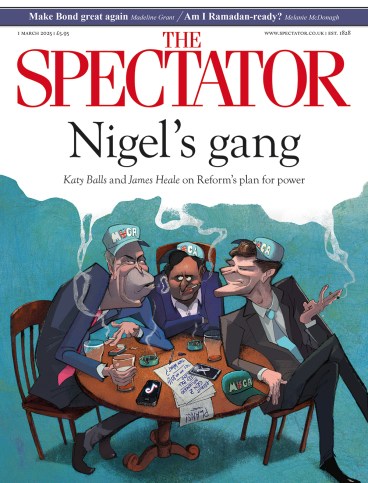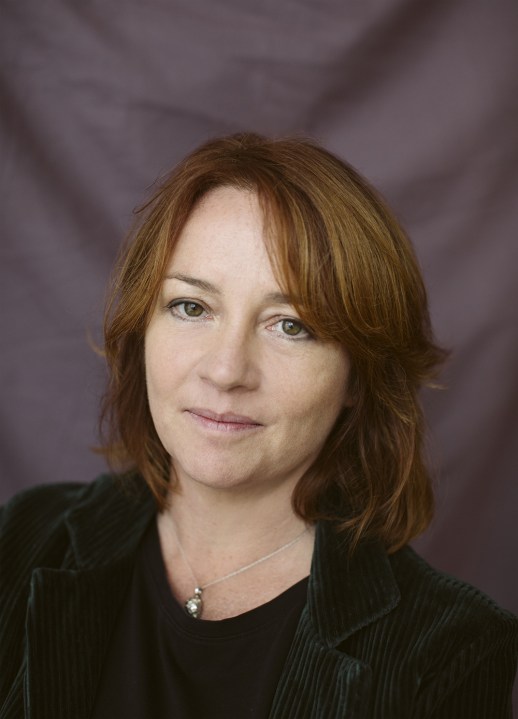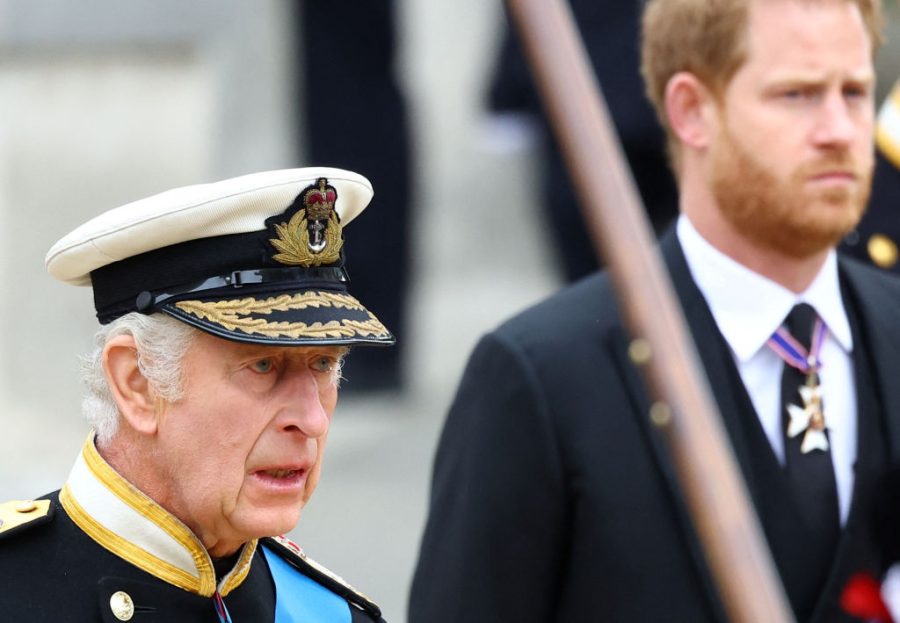
Nearly a decade after Eimear McBride published The Lesser Bohemians (her second novel after the success of A Girl is a Half-Formed Thing),the Irish writer has returned to the drab, smoke-filled world of 1990s London. The City Changes its Face is told from the perspective of 20-year-old Eily, two years after she has left Ireland to study drama in London and has met Stephen, an established actor 20 years her senior. In the interim period, the pair have moved from Kentish Town to Camden. Eily has taken time out of drama school, and Grace, Stephen’s daughter from a previous relationship, has made an appearance. The novel consists largely of a conversation that takes place over the course of one night, with flashbacks to the intervening years.
McBride’s style is so direct that describing it at all seems somehow insulting. To say that it is ‘experimental’ doesn’t do justice to its flexibility and force. As with the earlier novels, we become immersed in the female narrator’s viewpoint. We feel all the other characters through Eily’s moods and hear dialogue modulated through her thoughts. Yet the style has not stagnated over the years. The City Changes its Face makes use of so much blank space – sparse dialogue with frequent line breaks – that it often feels like a play or film script. This is fitting for Stephen and Eily’s professions, as well as McBride’s own interests. Her 2021 short story collection, Mouthpieces, approximated dramatic monologues, and in 2023 she directed a Very Short Film About Longing.
At the centre of the novel is a rumbling disagreement between Stephen and Eily, which doesn’t fully reveal itself until the final pages. Eily spends days on end without leaving the flat, while Grace is living proof of the couple’s different ages and experiences. The main cause of tension is a film Stephen is engaged on, telling the story of his early years in London, his heroin addiction and his childhood sexual abuse at the hands of his mother. Through the camera’s lens we see him negotiate north London squats, hospitals and the painful end of punches – all too well-drawn to be dismissed as a kind of trauma-porn addition to beef up the novel’s emotional force. Just reading the script, with its speeches and stage directions, left me in tears more than once.
Alongside Stephen’s creation is Eily’s own. In her months away from drama school she has been writing a novel (it seems to bear some similarity to A Girl Is a Half-Formed Thing), which Stephen eventually sits down and reads. It becomes clear that Eily’s internal monologues have been an act of literary creation – her continual battle to force the stuff of life into words.
The City Changes its Face is a triumph. It’s a novel which functions as an unruly, unusual kind of ekphrasis: a story about creation and about love.








Comments